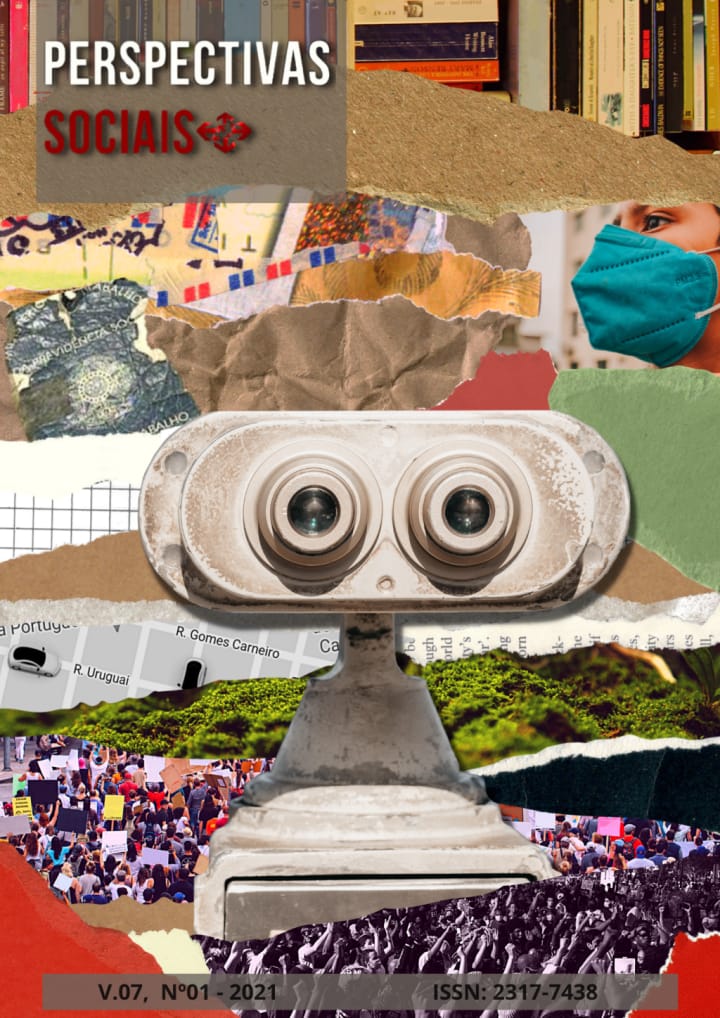THE IMPOTANCE OF LGBTQIA+ POLITICAL REPRESENTATION IN TIMES OF CHOLERA
COMMENTS THE 2020 ELECTIONS
Abstract
Against the backdrop of a democratic setback that took place in Brazil a few years ago, the 2020 Electoral Election expanded the LGBTQIA+ representation contingent in the municipal legislative chambers, giving visibility to diversity. So, the objective is to understand the reasons that led to the growth of LGBTQIA+ representativeness which, among its agendas, seeks the realization of the collective's Human Rights. The analyzes presented in this article are the result of research carried out with the Research Group (CNPq): LAW, GENDER AND PLURAL IDENTITIES (DGIPLUS) and the Disciplines Law, Diversity and Social Inclusion, of the Master Course in Law and Social Justice at the Federal University of Rio Grande (PPGDJS/FURG). Methodologically, such research was based on the bibliographical appreciation of works that are notoriously references on the subject. Furthermore, data from the investigations carried out by the following government agencies were used as a means of reflective and evidential support: the National Council for Combating Discrimination (CNCD) and the Special Secretariat for Human Rights (SEDH). Information, data, and normative analysis of two international institutions were also consulted, namely: the International Commission of Jurists (ICJ) and the International Service of Human Rights (ISHR). In addition, we examined the surveys made public by the following non-governmental organizations: internationally, Transgender Europe (TGEU) and ILGA World and, in Brazil, those of the Gay Group of Bahia (GGB) and the National Association of Transvestites and Transsexuals (ANTRA).

